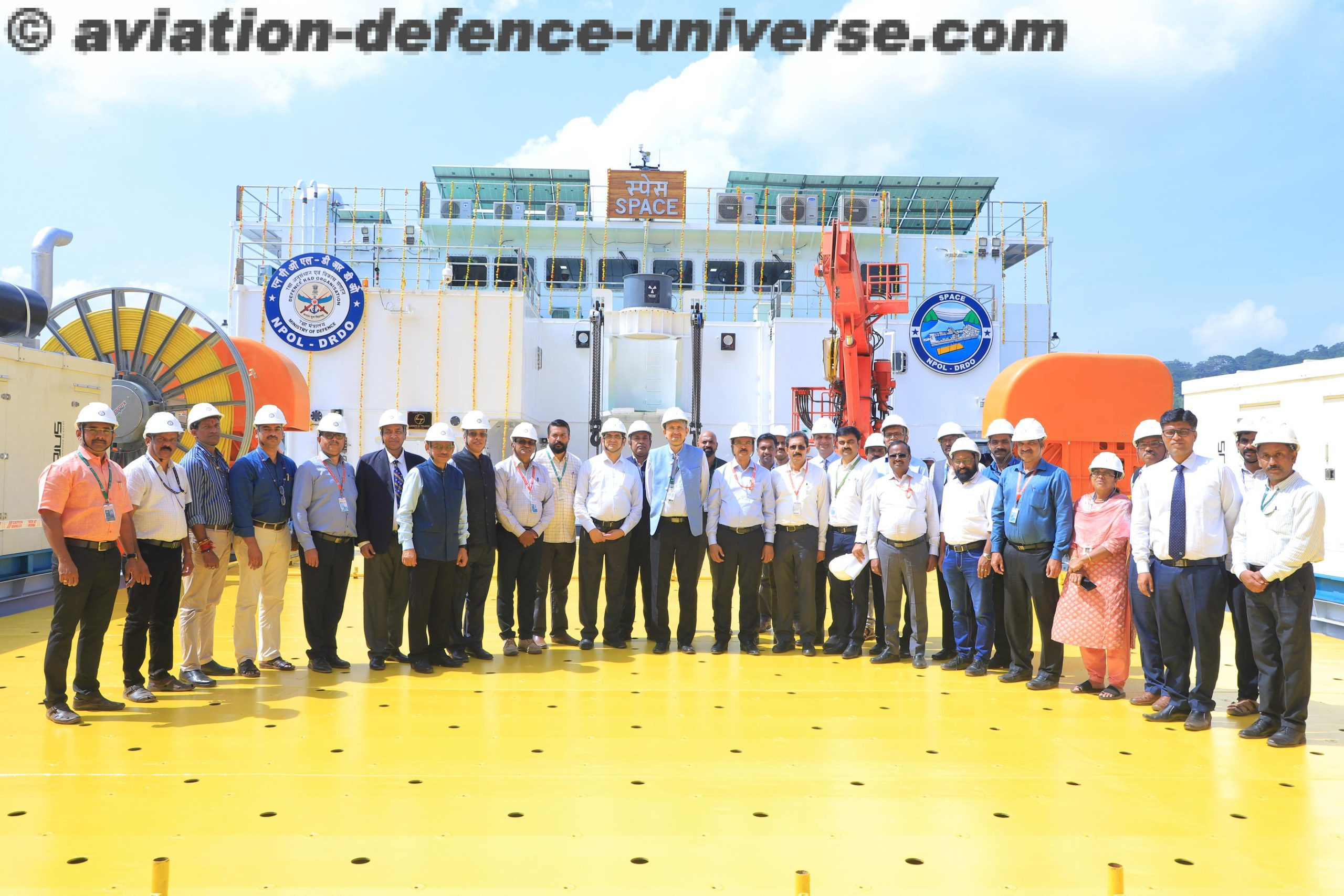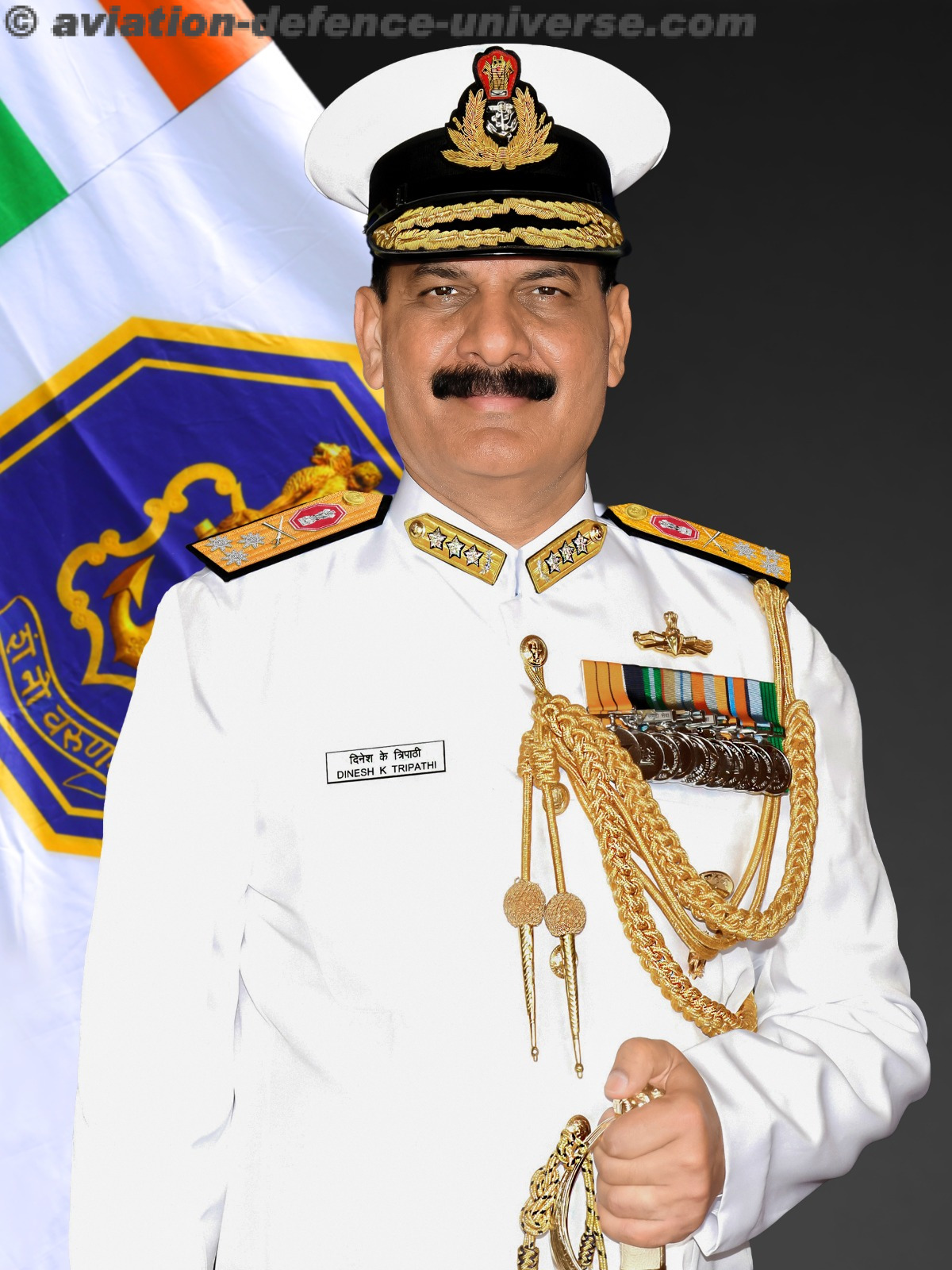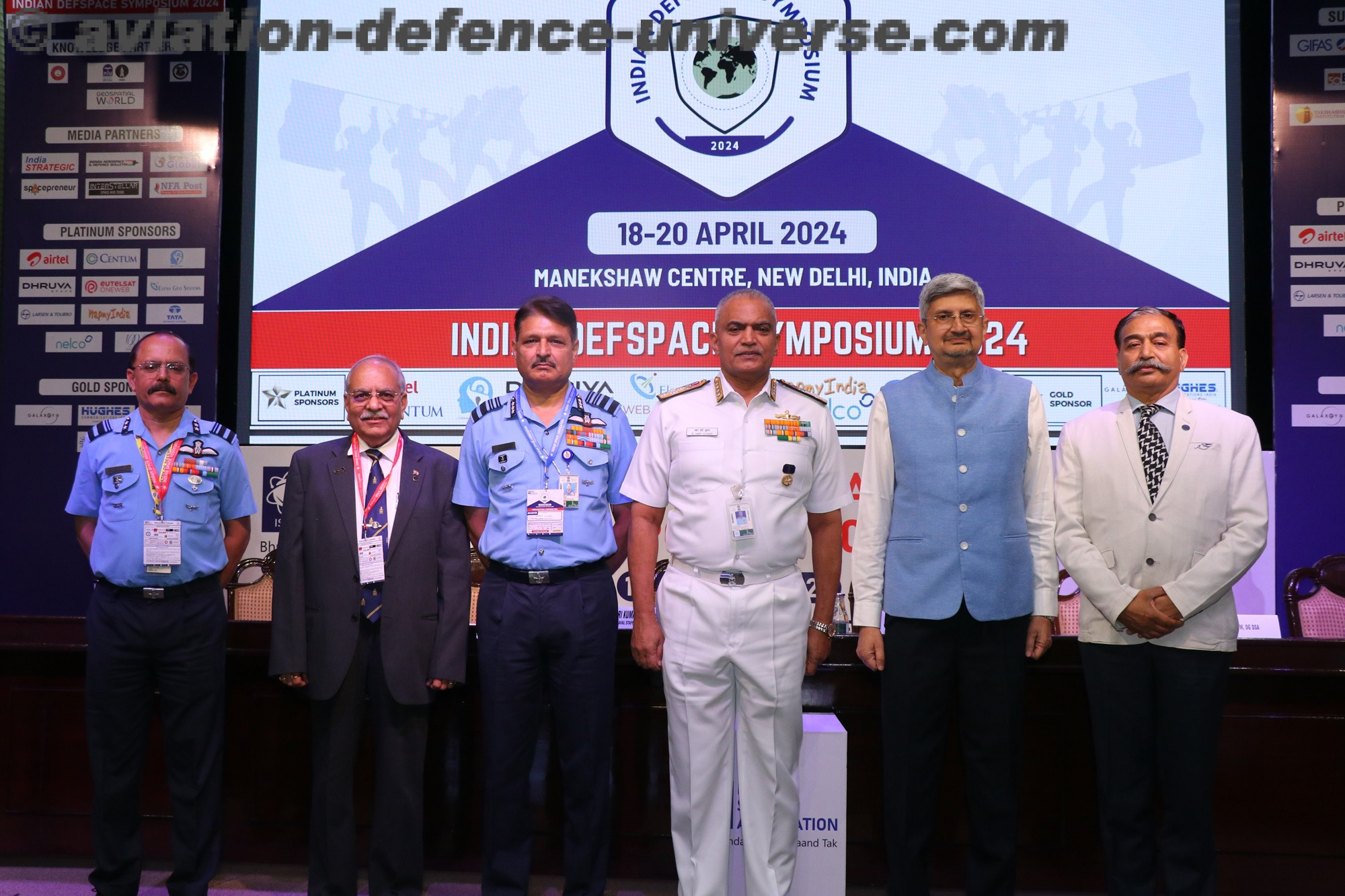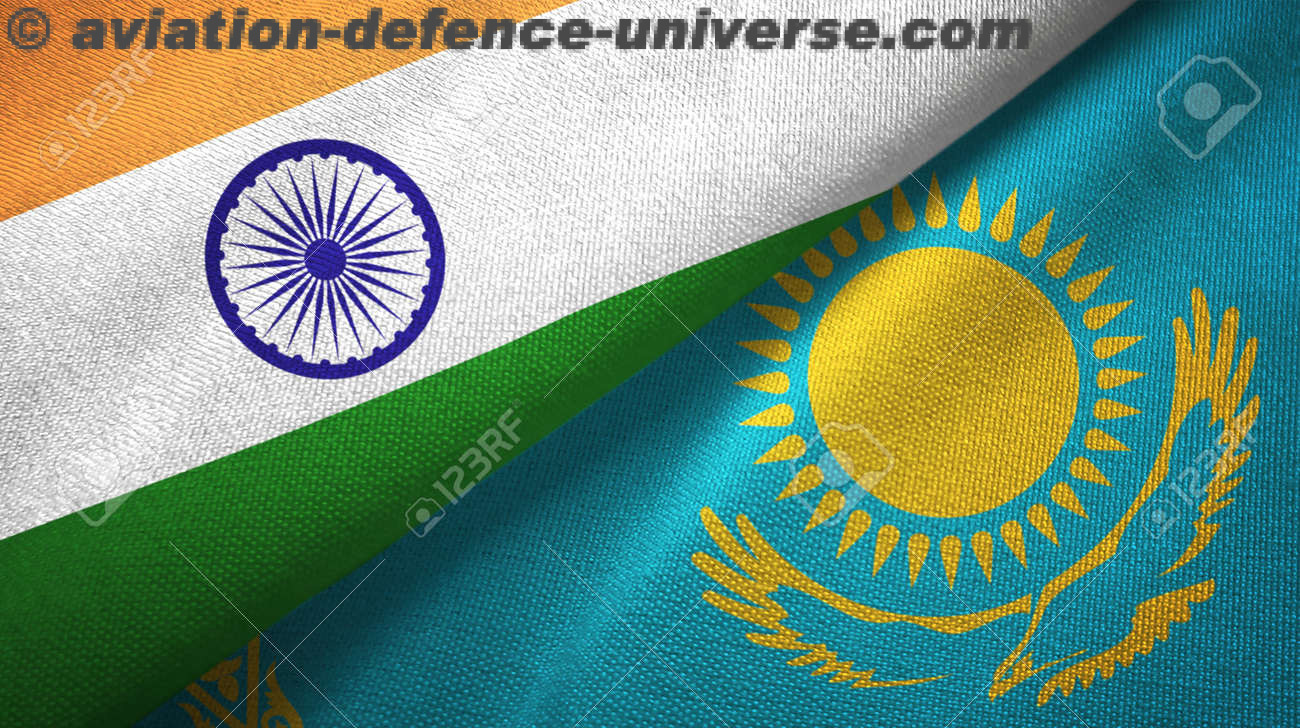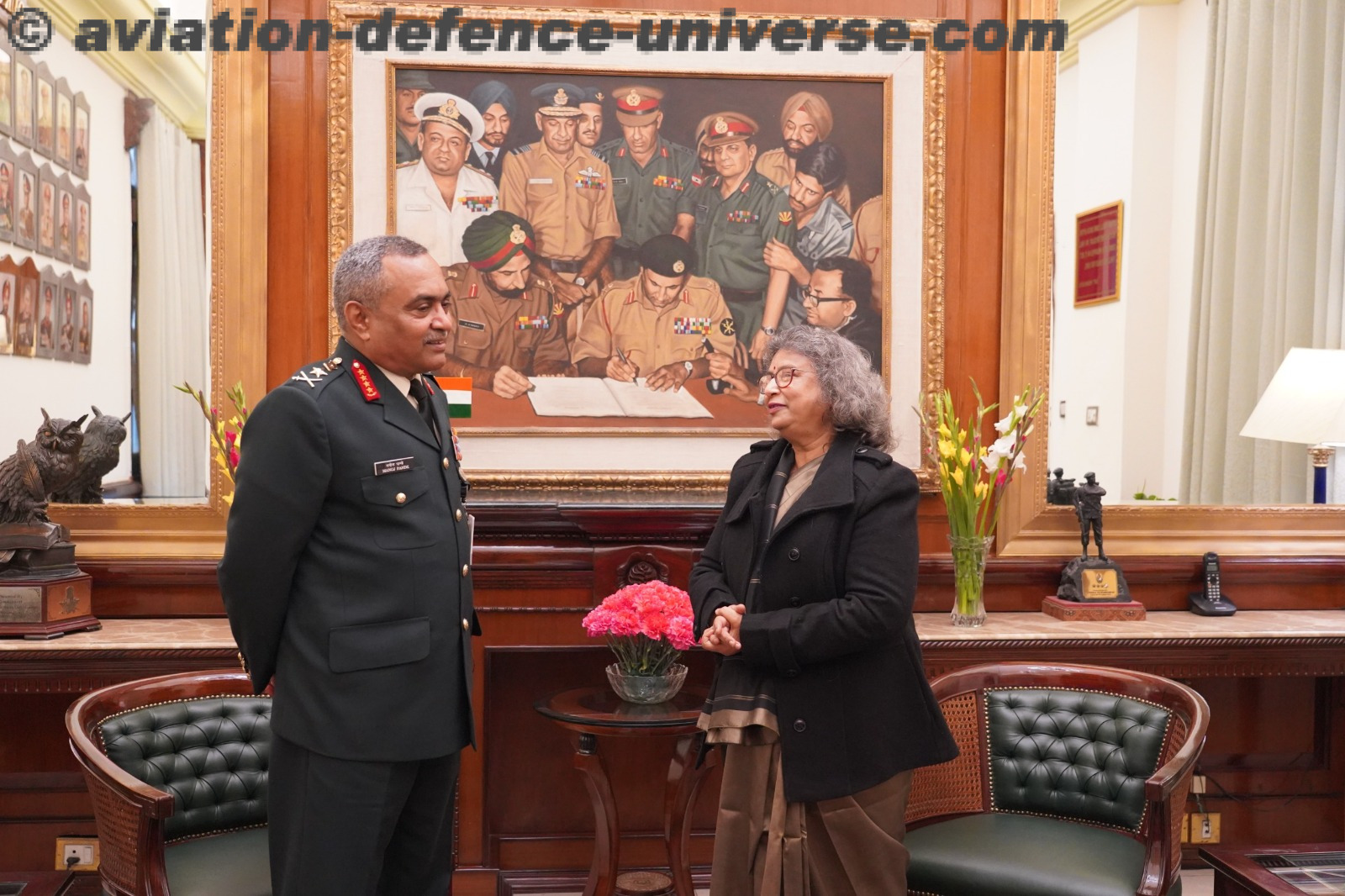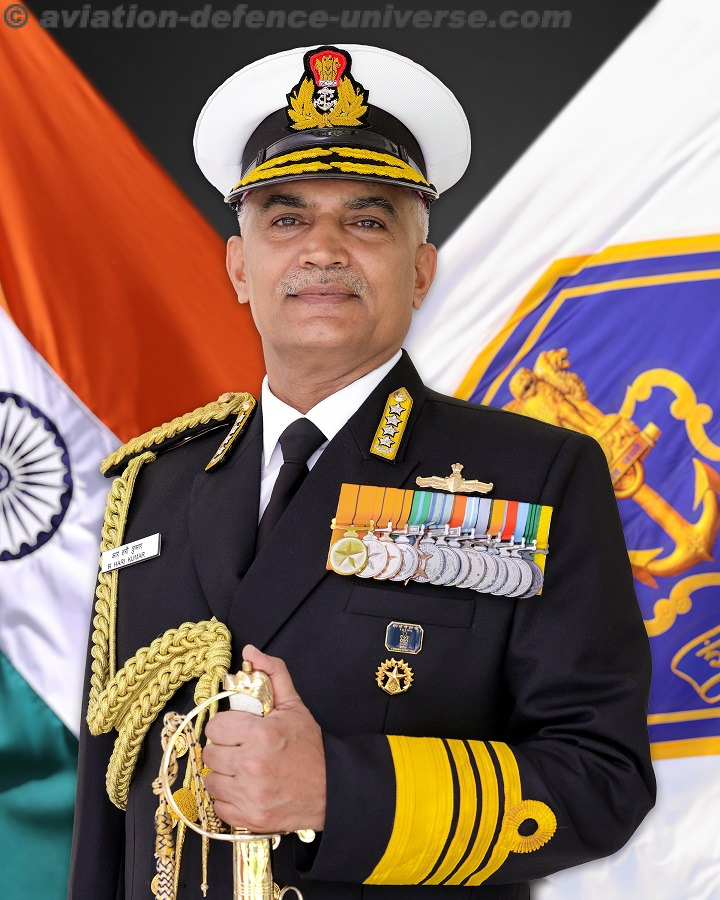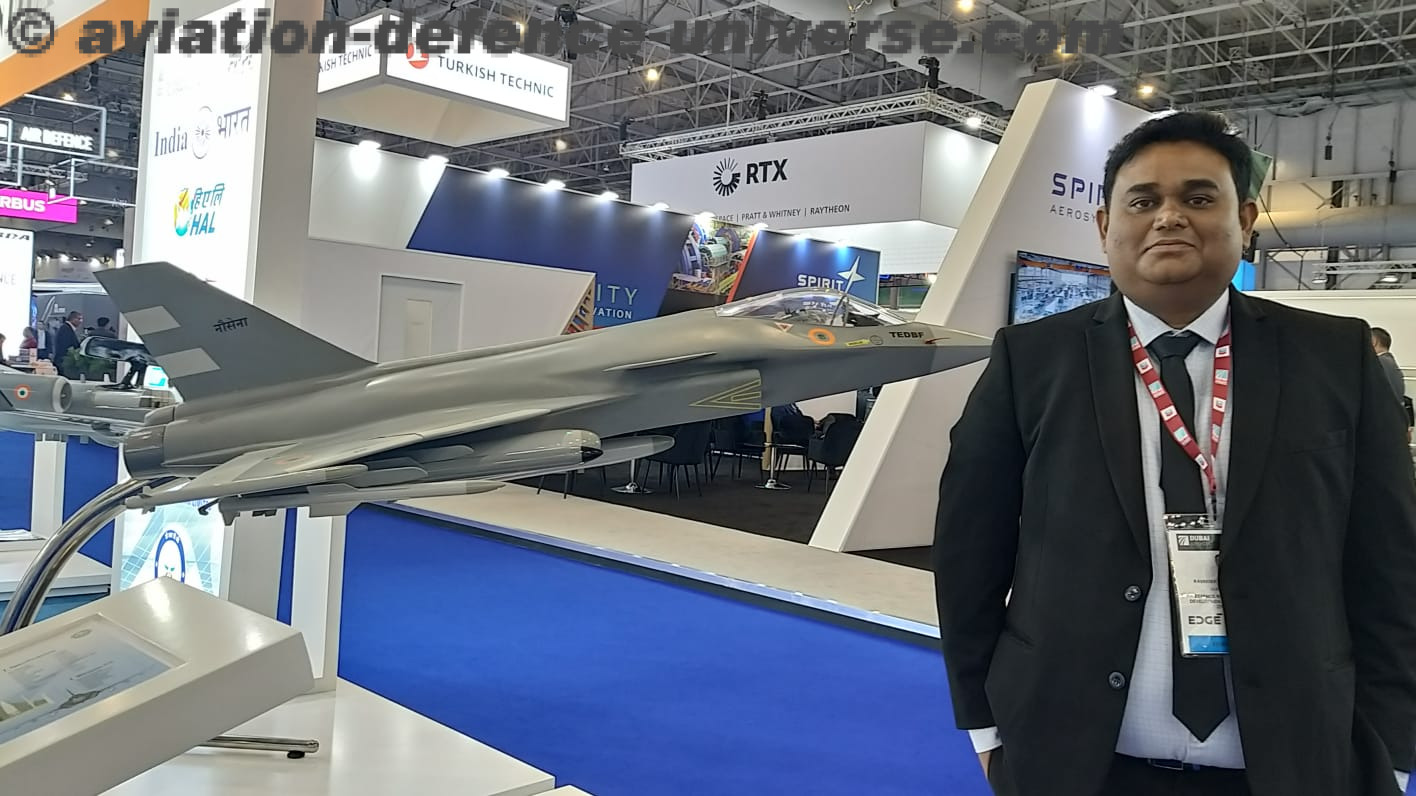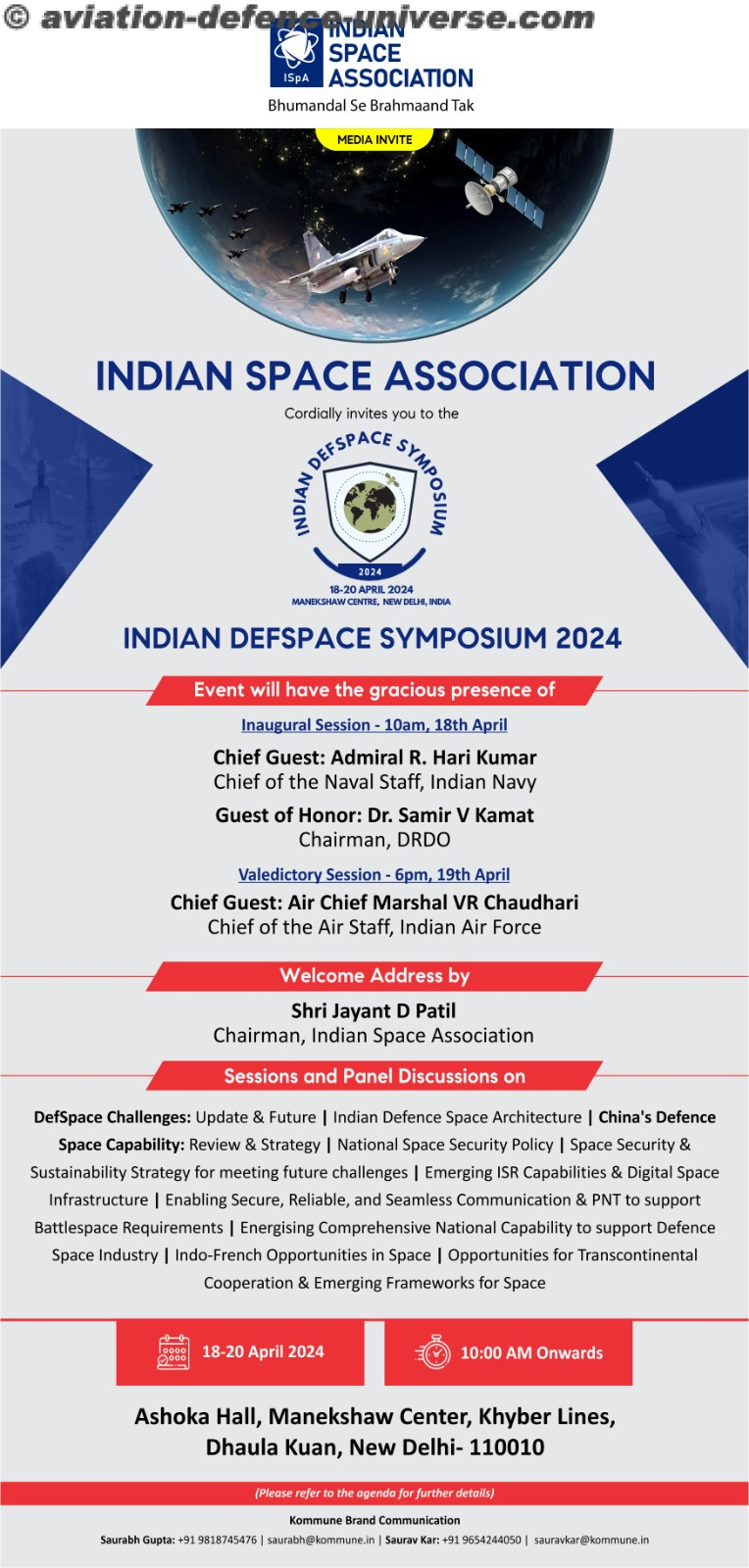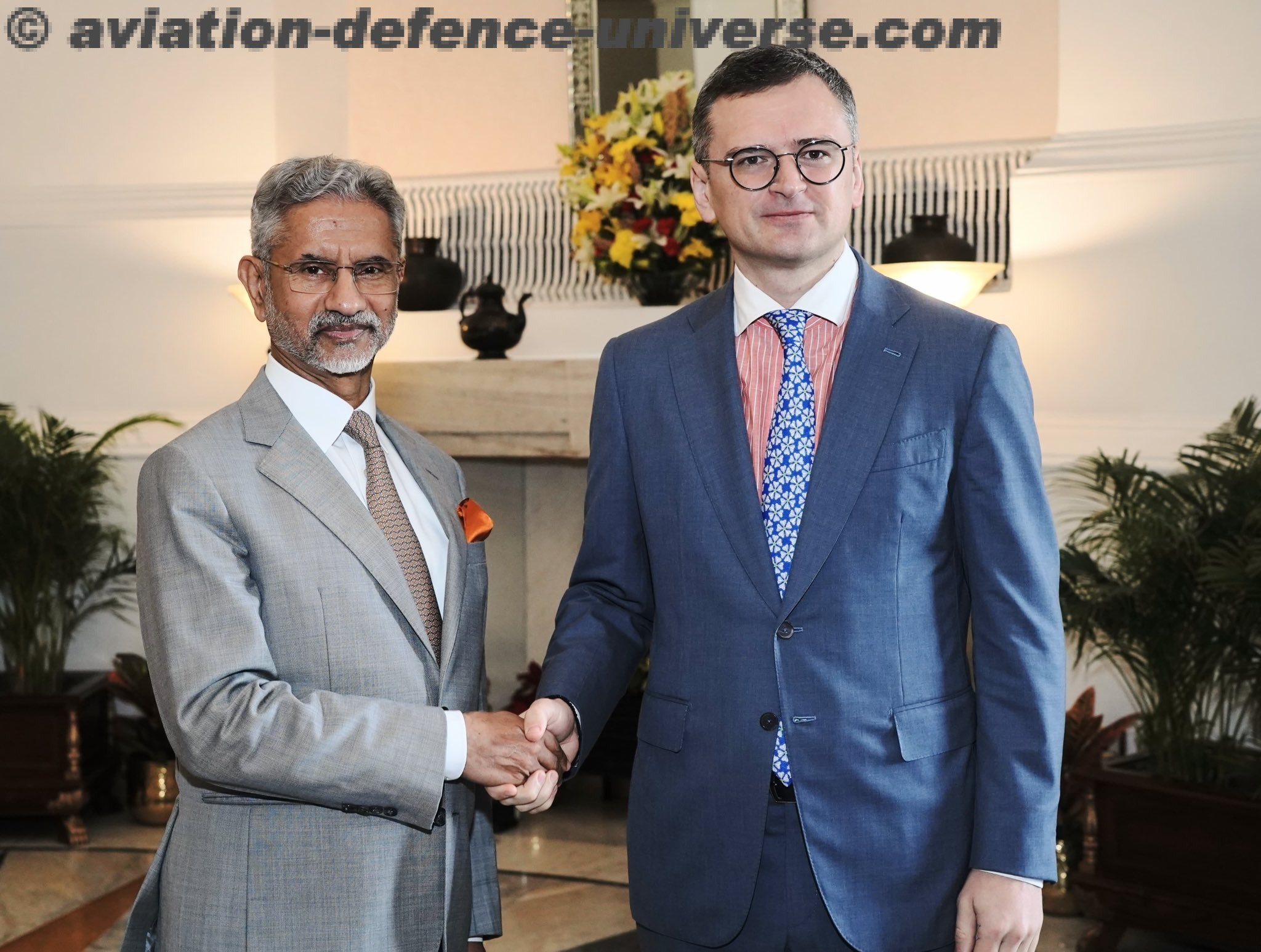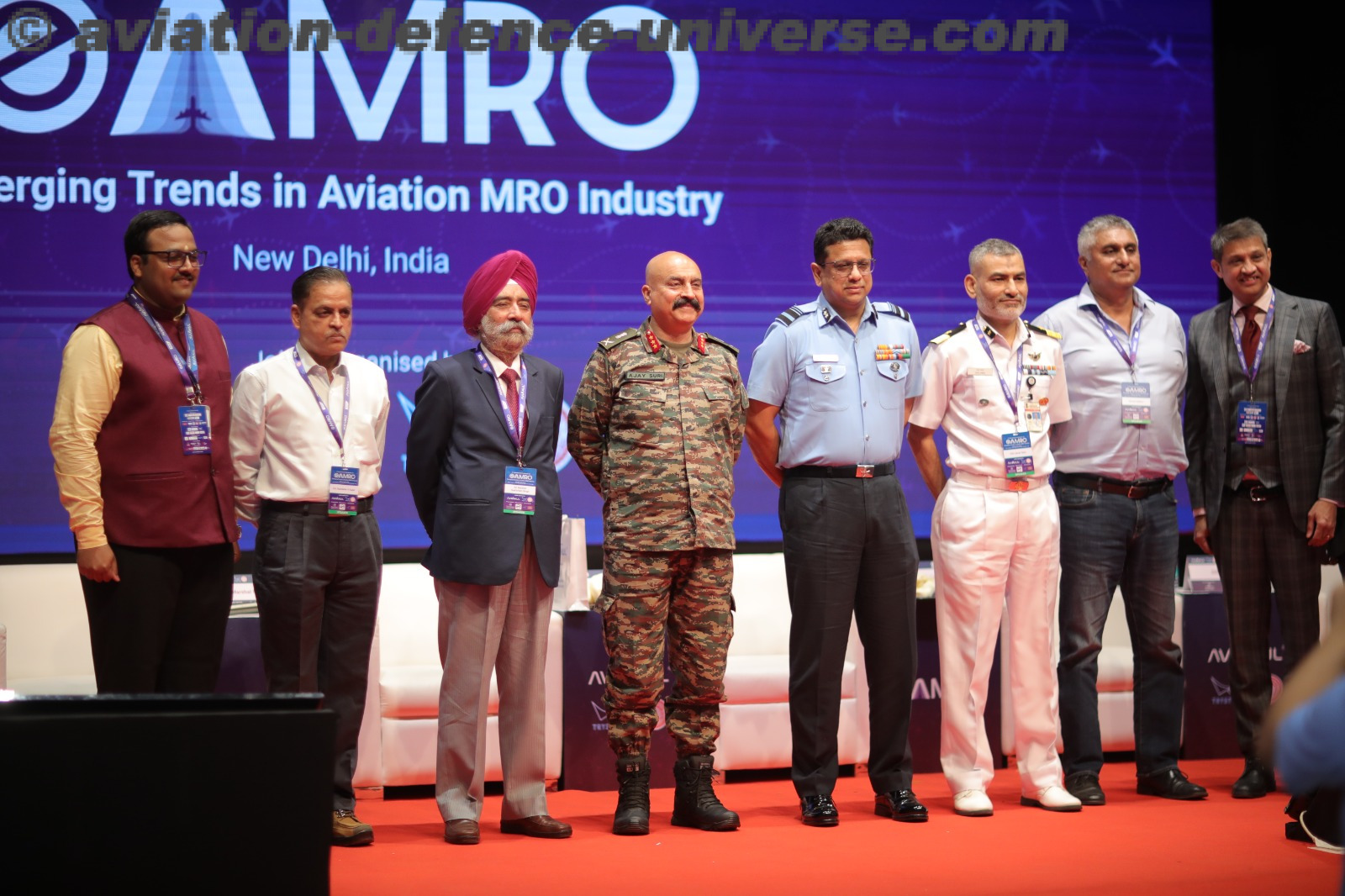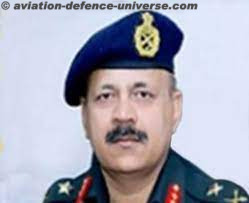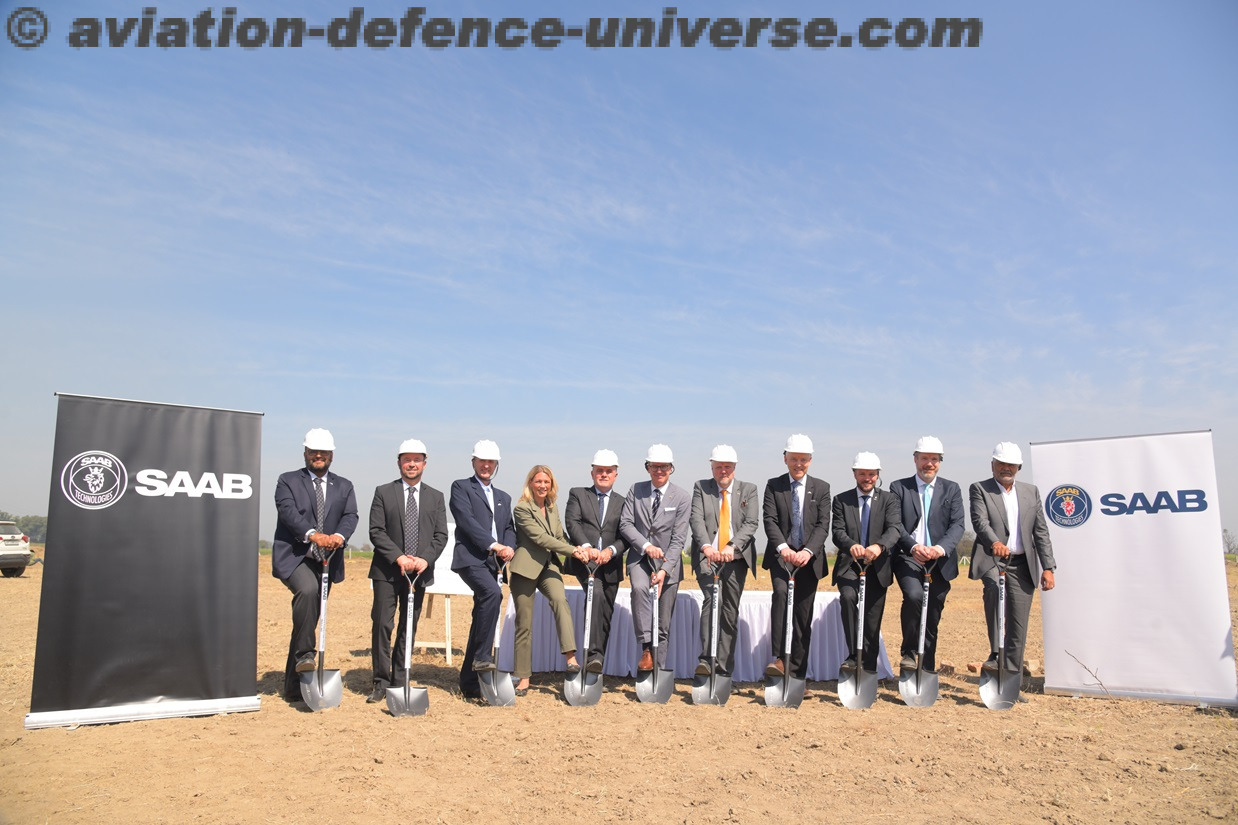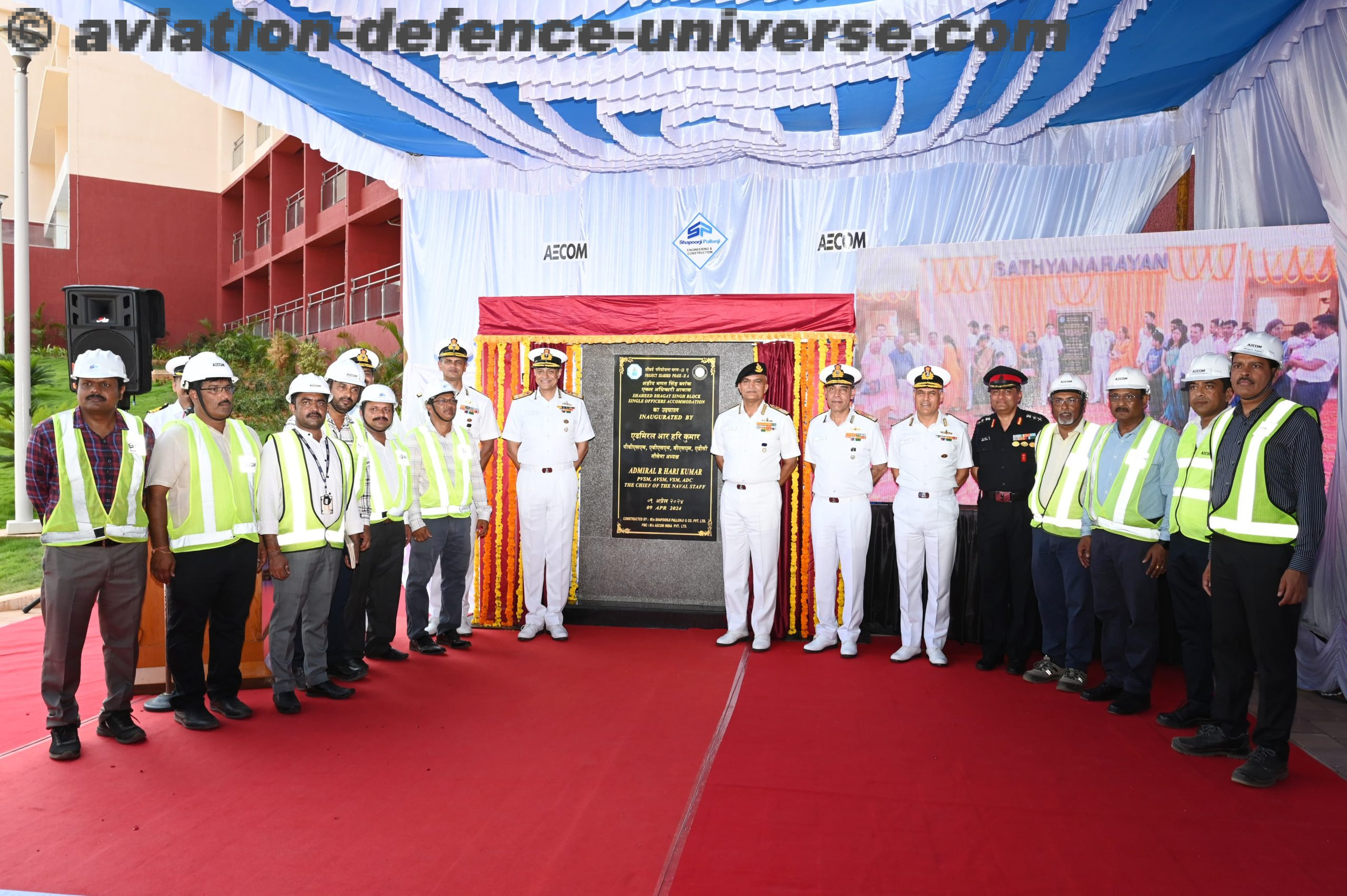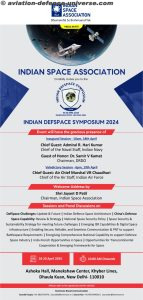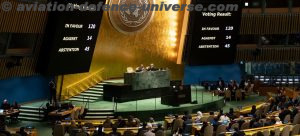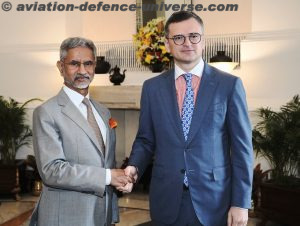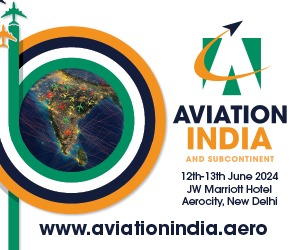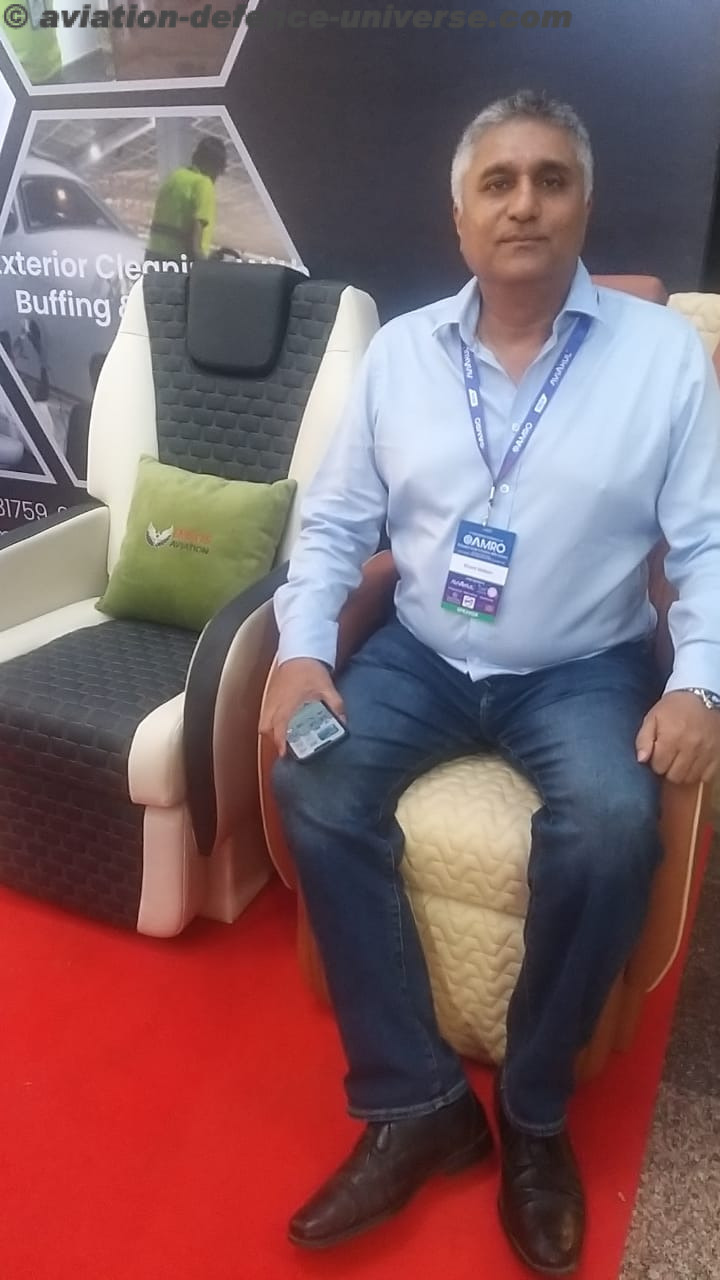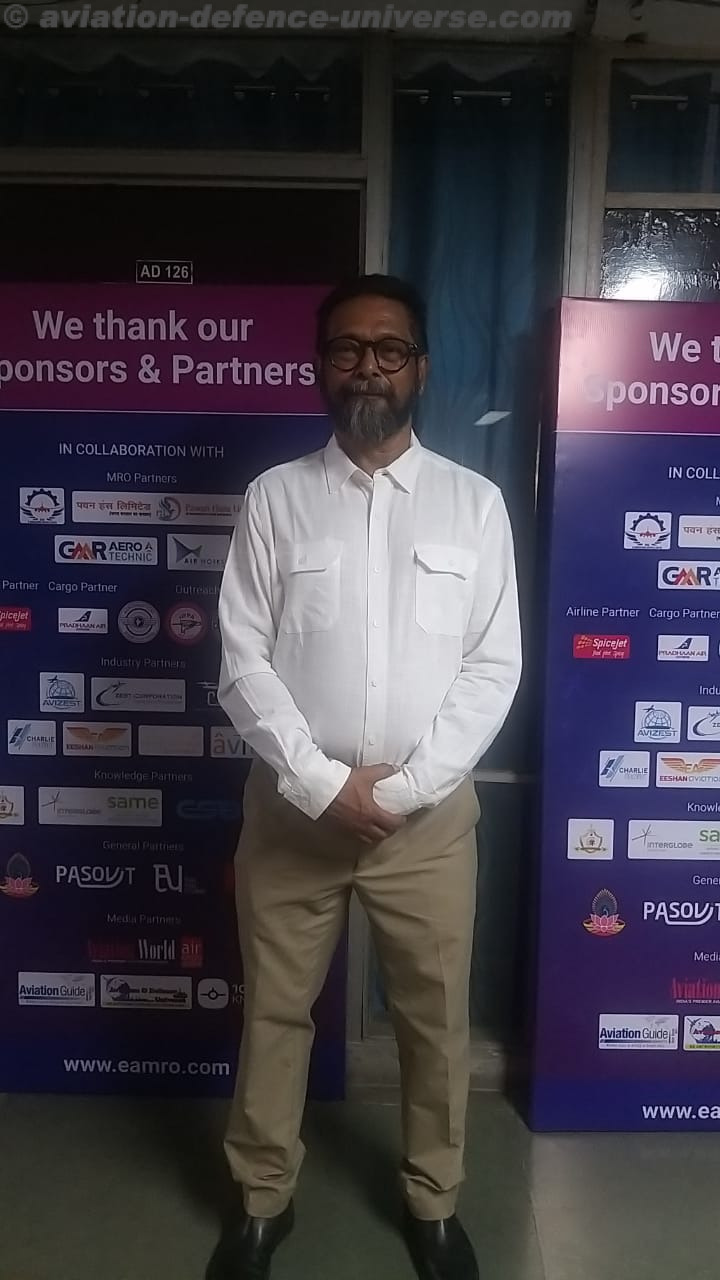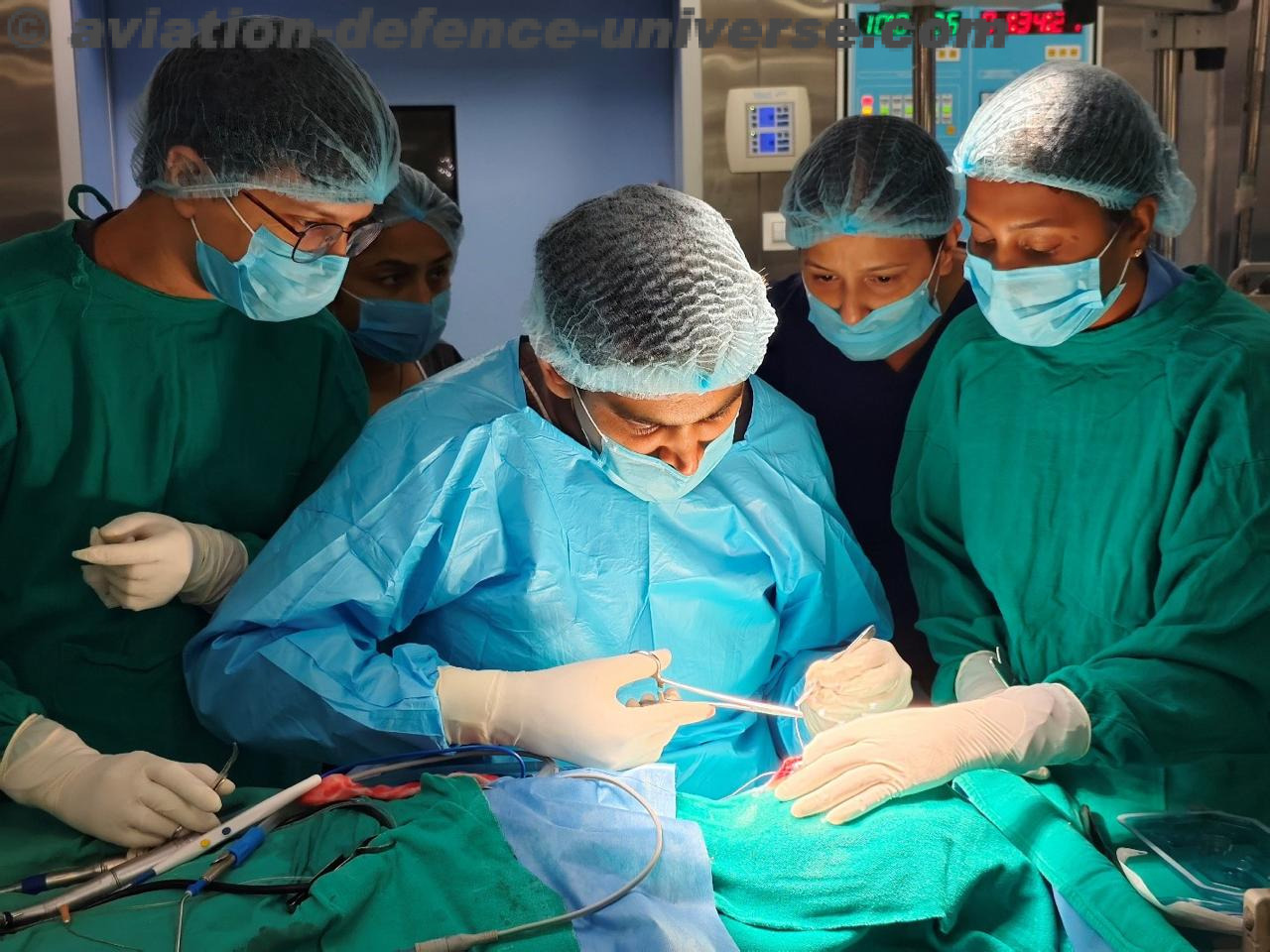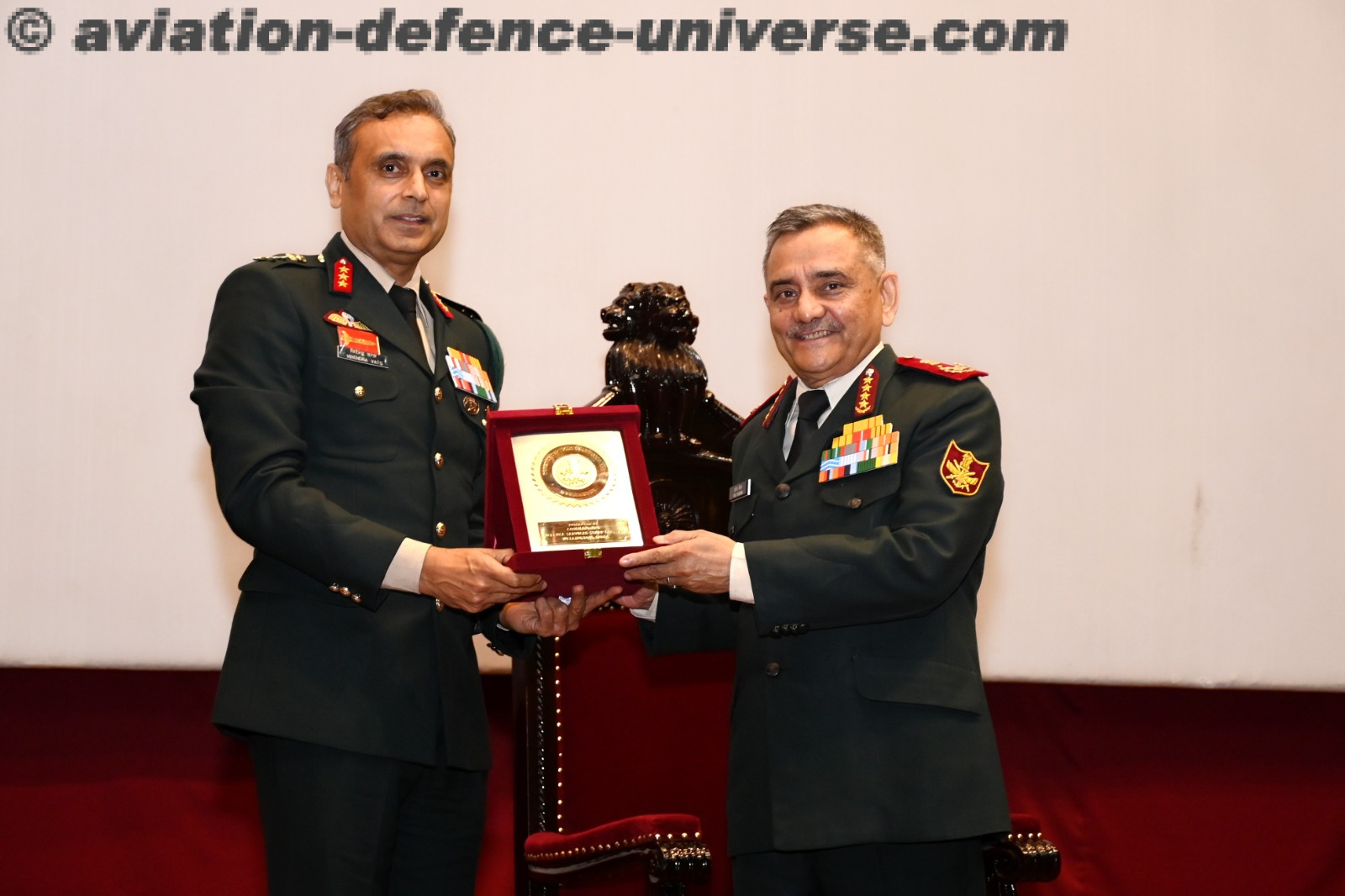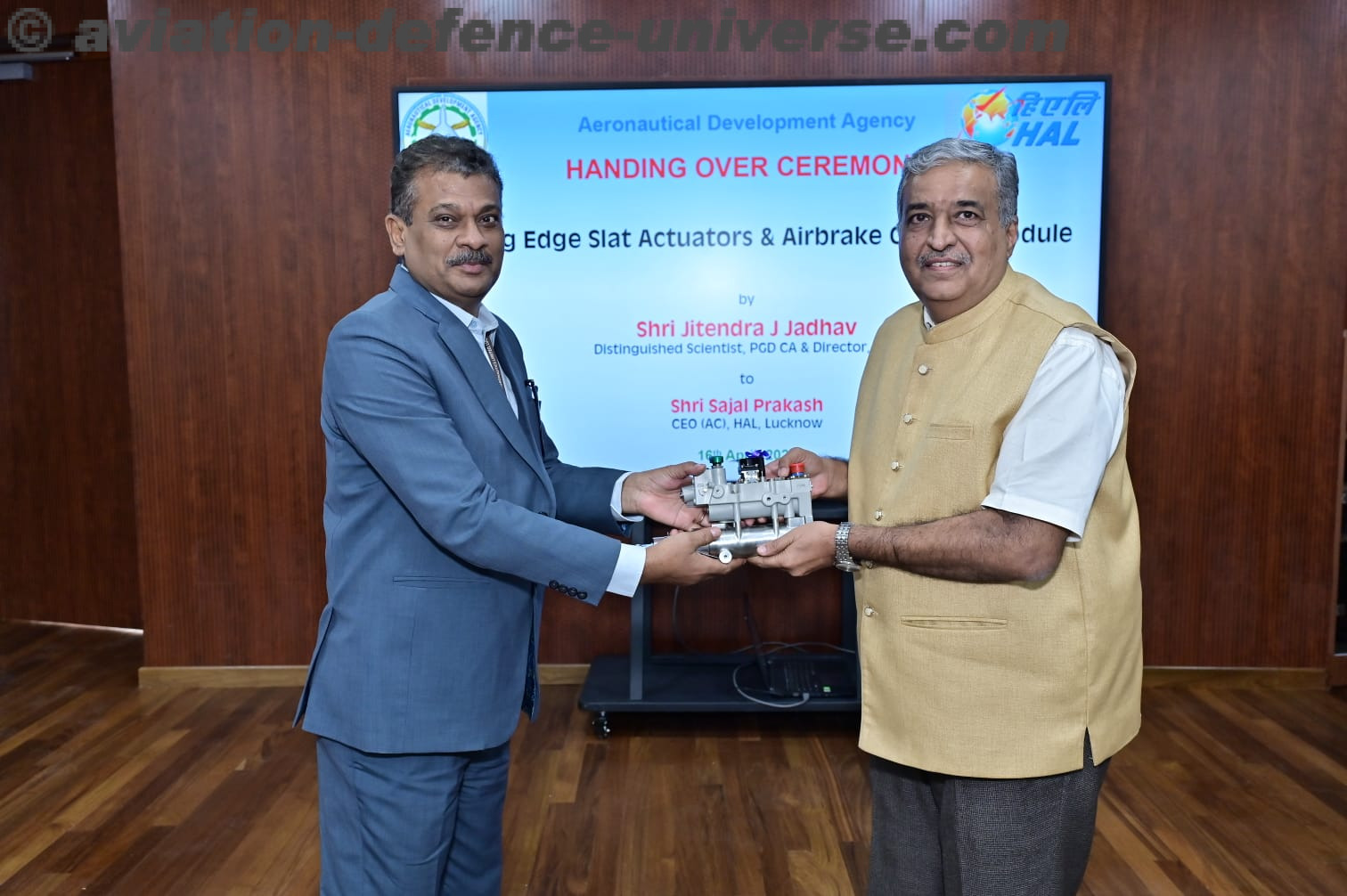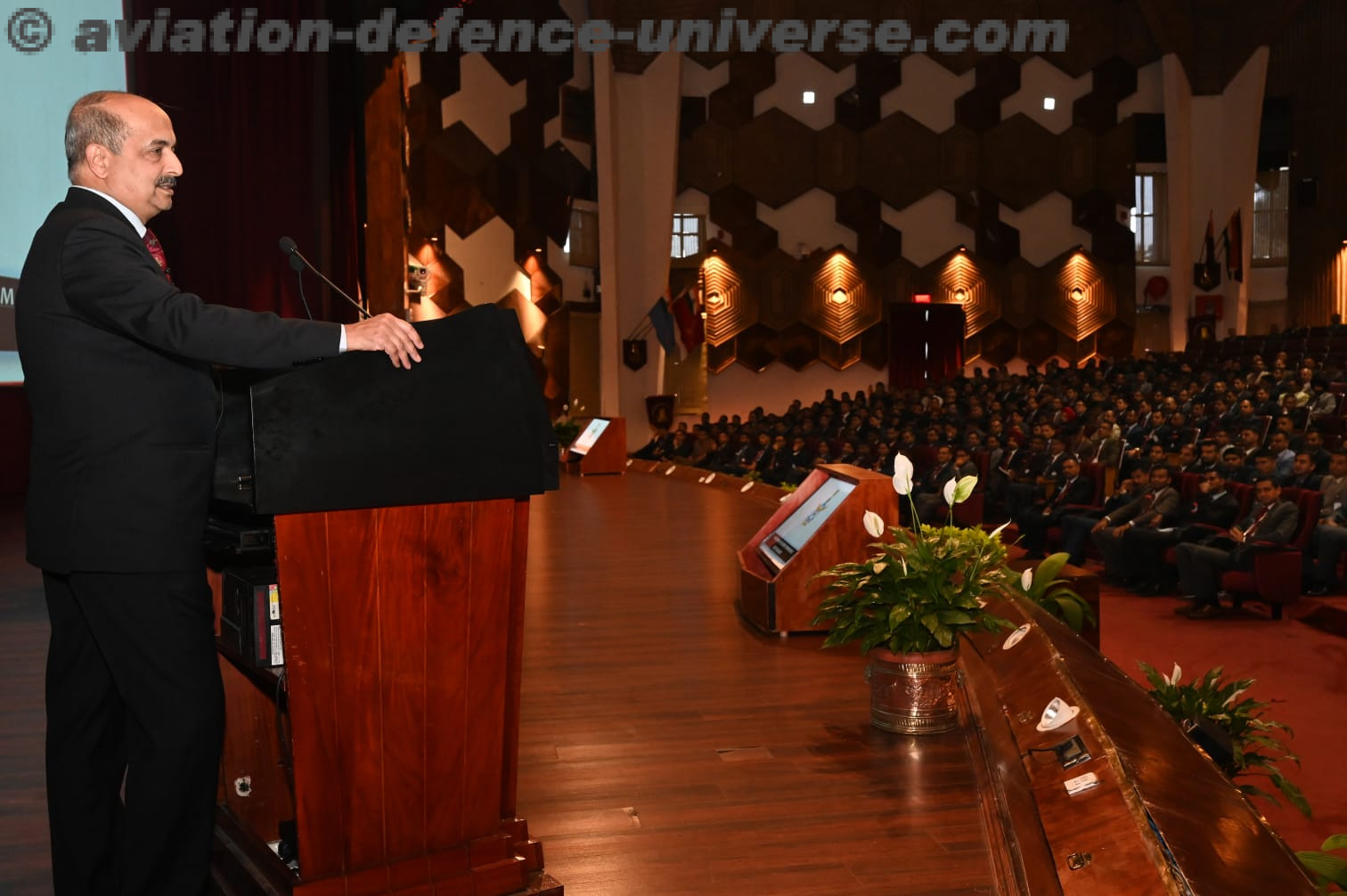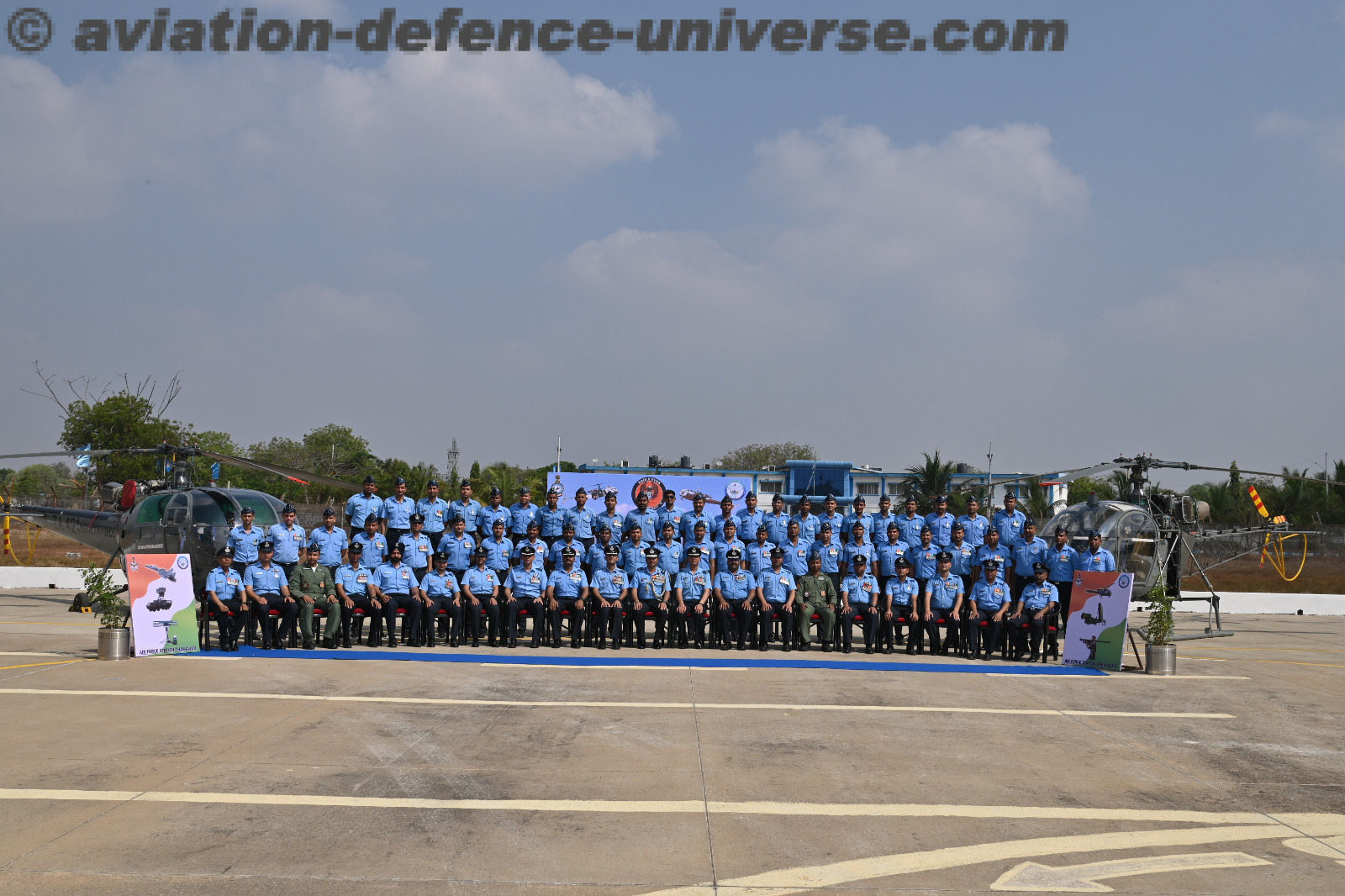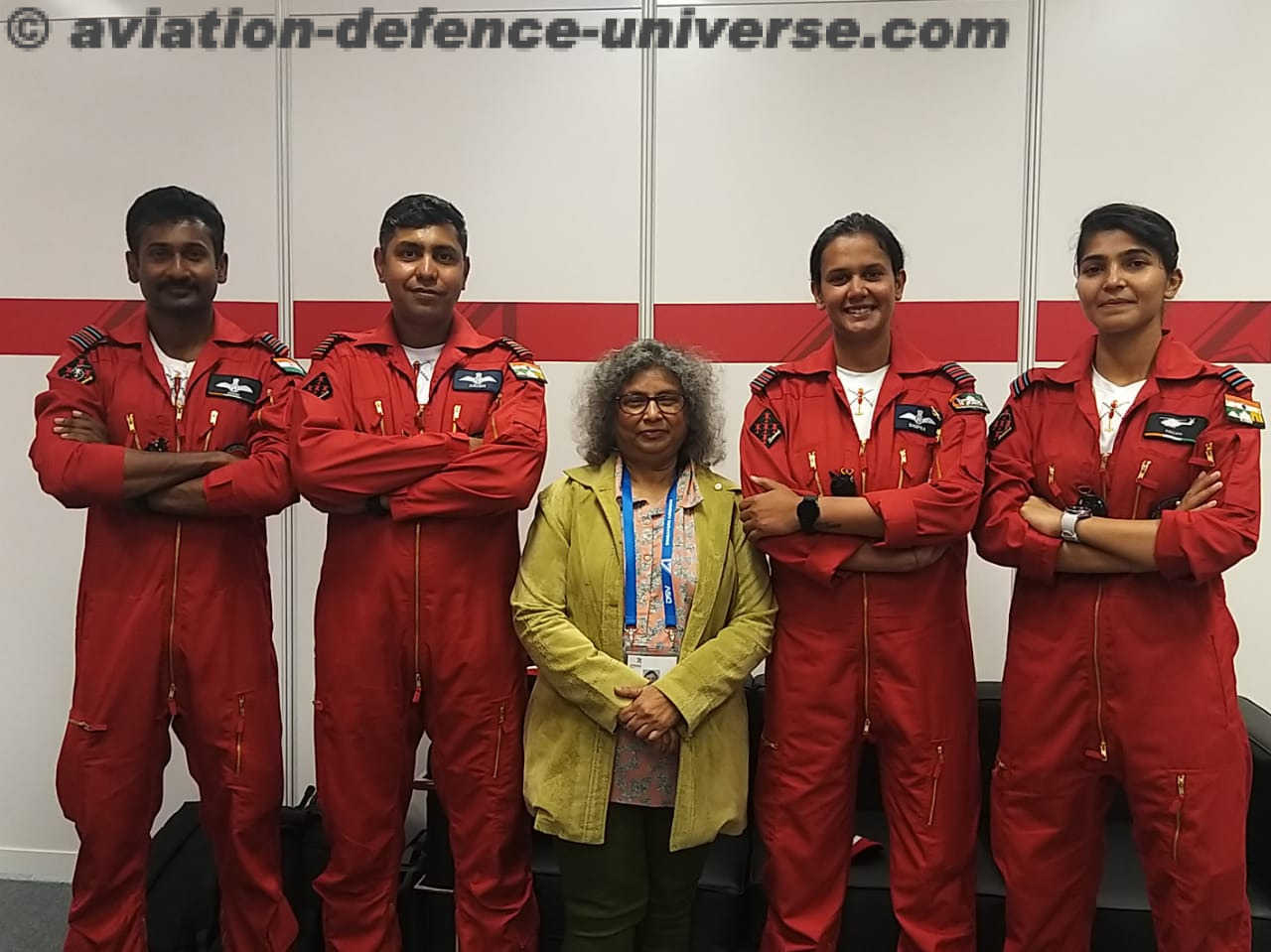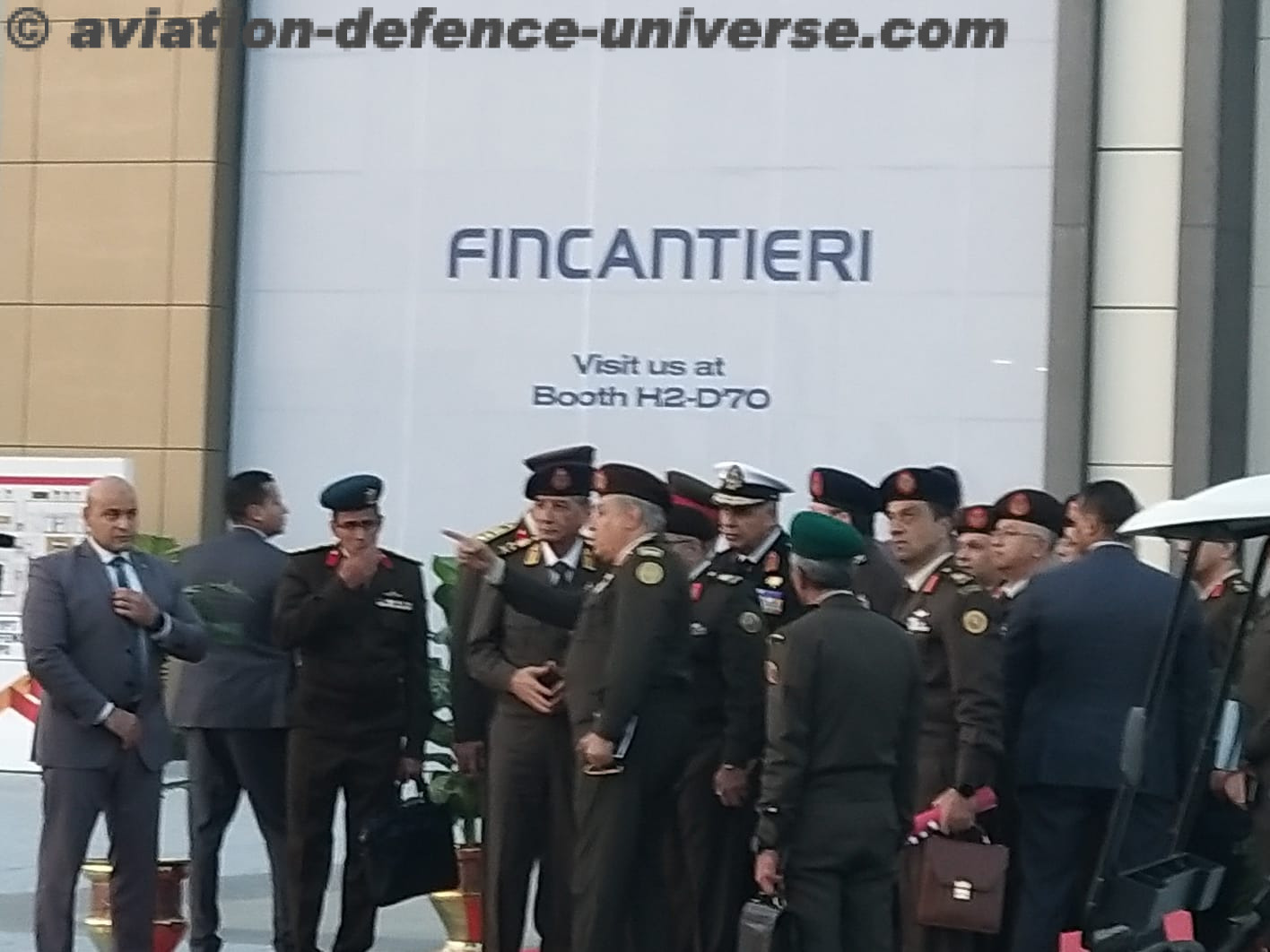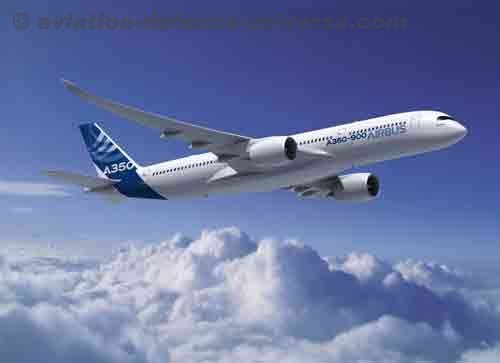JK Verma
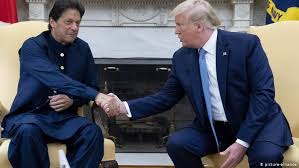
New Delhi. 26 July 2019. Pakistan which is passing through a deep economic crisis has already taken financial assistance from friendly countries including Saudi Arabia, United Arab Emirates, China and Qatar. Besides these countries International Monetary Fund (IMF) has also promised to give loan of $6 billion. Nevertheless, Pakistan still needs more financial assistance to ameliorate its ailing economy. In past United States was the major donor to Islamabad, however after President Trump took over, he suspended all financial assistance to Islamabad and tweeted that Pakistan only gave “lies & deceit” to US and thought that the leaders of US were fools.
Besides financial assistance Pakistan was also getting military aid and weapons from US; hence the deep state was very eager to mend fences with the lone superpower. The current visit of Pakistan Prime Minister and his meeting with President Trump is the culmination of sincere diplomatic efforts of Saudi Crown Prince Mohammed bin Salman. The Crown Prince used his personal contacts with Jared Kushner the son-in-law of Trump, who is also a senior adviser of the president. Pakistani leadership wanted to improve relations with US, meanwhile in December 2018 they received a letter from Trump in which he requested for some assistance in the Afghan peace process.
Imran Khan wanted a personal meeting with US President so that the misunderstandings can be cleared. But the American establishment was against any personal meeting because of Islamabad’s past record of deception and trickery. Hence Islamabad used the good offices of Saudi Crown Prince and the current meeting was fixed through Jared Kushner after bypassing the American bureaucracy.
On 22nd July in the joint press conference with Imran Khan, President Trump created a storm by asserting that Prime Minister Modi had asked him to be an arbitrator in Kashmir issue. Trump further stated that he agreed to be a mediator. Imran Khan in reply of a question stated that Trump being the President of most powerful country in the world is most apposite person to resolve Kashmir issue. He also requested to US President to mediate between Pakistan and India to sort-out Kashmir dispute.
Nevertheless, Ministry of External Affairs spokesman Raveesh Kumar made it very clear that Indian Prime Minister has made no such request. He emphatically stated that India’s position is clear that all issues with Pakistan have to be sorted out bilaterally and there can be no engagement unless Islamabad stops cross border terrorism. The MEA spokesperson also reiterated that Shimla Agreement and Lahore declaration are the basis to settle all issues bilaterally. Jaishankar External Affairs Minister also categorically stated in Rajya Sabha that Prime Minister made no such request to President Trump.
A prestigious newspaper of US claimed that in 869 days President Trump made about 10,796 false or misleading claims. The paper also mentioned that after becoming president on an average Trump spoke 12 lies a day. Brad Sherman US Congressman also apologised to Indian Ambassador to US about the President Trump’s assertion and made it clear that it is certain that Prime Minster Modi will never make such request and President Trump’s “statement is amateurish and delusional.”
Pakistan since long wanted the US mediation to resolve Kashmir dispute hence the visiting Prime Minister welcomed the comments of President Trump. However, it is a major change in US policy as it always maintained that Kashmir conflict is a bilateral issue and India and Pakistan should settle it.
Prime Minster Imran Khan’s US visit is important, and his delegation included Chiefs of Army and Inter Services Intelligence. The visiting delegation discussed five major issues with their counterparts in United States. The most critical issue was Afghanistan as US rightly mention that Pakistan is assisting Afghan Taliban, who are attacking US led North Atlantic Treaty Organization (NATO) troops in Afghanistan. Afghan Taliban attack US forces and then take shelter in Pakistan. US understands that Pakistan is the main hurdle in conquering Afghan Taliban militarily.
At present Trump wants to withdraw its troops from Afghanistan due to domestic compulsions. US administration feels that Pakistan can influence Afghan Taliban to reach a settlement with US as well as with Afghan government. US also wants that Pakistan should pressurise Afghan Taliban, so they announce ceasefire and peace can be restored in the war-torn country. Once peace is restored, US troops can return to their homeland. However, Pakistan does not want any role of India in Afghanistan, it feels that because of the interference of US in Afghanistan the status of India in Kabul has considerably enhanced. Hence Pakistan will insist that US must ensure that Indian influence diminish in Afghanistan. Islamabad will also insist that US must eradicate Pakistan Taliban operating from Afghanistan and carrying out terrorist activities in Pakistan. Islamabad will also insist a clampdown on Baluch secessionist leaders as they are also operating from Afghanistan. Balochistan Liberation Army (BLA) a secessionist outfit has been declared as a terrorist group by US.
Pakistan wants that US must restore economic and military assistance. US is not blocking financial assistance to Islamabad as IMF gave loan and even Arab countries extended financial help to Islamabad. US would extend financial aid and in turn Islamabad would be helping US to return its forces from Afghanistan.
Both the head of state also discussed about counterterrorism as US is worried about the rising influence of the Islamic State, al-Qaeda and their affiliates in the region. Trump desires that after withdrawal of US troops from Afghanistan there should be active bilateral cooperation between US and Pakistan in Afghanistan. US is also concerned about rising influence of diverse terrorist outfits in Pakistan and their involvement in carrying out terrorist activities in neighbouring countries. It appears that there was immense pressure on the visiting Prime Minister, and he was forced to admit during a speech in a US think tank that still there are about 30,000 – 40,000 terrorists in the country. Although he blamed previous governments for it but it vindicated India’s stand that Pakistan is the breeding ground of terrorists. Now Pakistan must adopt a stringent policy against terrorist outfits and without distinguishing between ‘good’ and ‘bad’ terrorists, it should eliminate all.
US also pointed out about the safety and security of the nuclear warheads in Pakistan. There is always a tension between India and Pakistan and several times Pakistani leaders threatened about the use of nuclear warheads against its arch-rival India. Besides this there are possibilities of its theft by some terrorist outfit. In view of rising Islamic fundamentalism in the country, the possibility that some fanatic Pakistani responsible for the safety of nuclear warheads, hand it over to the terrorist outfit, cannot be ruled out.
US is also concerned about the rising influence of China on Pakistan especially Beijing’s military cooperation to Islamabad. China’s ambitious Belt and Road Initiative (BRI) is also cause of concern to US.
Pakistan media painted the three days visit of Imran Khan as a resounding success and mentioned that he successfully restored the old friendly ties with United States. Pro Pakistan analysts claimed that US agreed on the prominent role of Islamabad in Afghanistan and it will play a pivotal role in the ongoing peace talks between US and Taliban. Islamabad which has become the epicentre of terrorism is happy that much talks were not held on terrorism. Trump’s offer of mediation in Kashmir dispute was projected as great achievement of the visit. It is expected that US may resume economic as well as military assistance and the aid of $1.3 billion suspended last year may be restored.
The impartial analysts mention that President Trump as well as US State Office made it clear that US assistance and trade and economic cooperation would depend on Islamabad’s support in peace talks with Taliban and elimination of terrorist outfits on Pakistan-Afghanistan borders. Hence the road ahead in improving US Pakistan relations is not as smooth as it appears.
(Jai Kumar Verma is a Delhi-based strategic analyst and member of United Services Institute of India and Institute for Defence Studies and Analyses. The views in the article are solely the author’s. He can be contacted at editor.adu@gmail.com)




